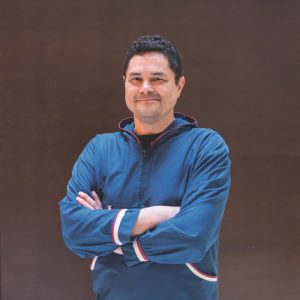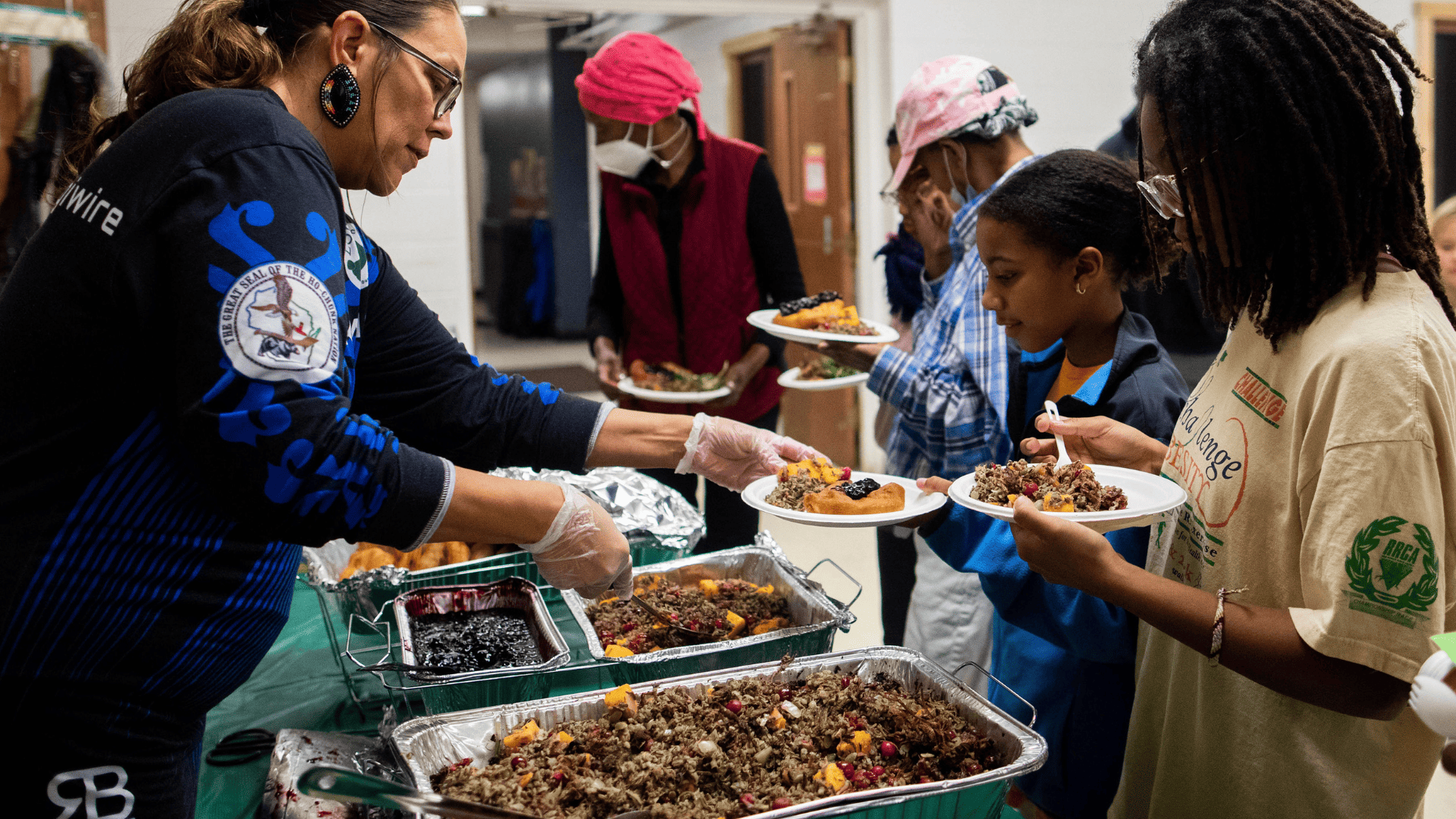By Grace Shim
 Multi-storied fading concrete buildings lined the dusty street in Kathmandu. As Asia’s regional coordinators for Serve Globally, Bob and I walked with Anuvav, a Nepali brother, who described the different nonprofit organizations. He pointed at a particular building and casually said, “But this organization only takes care of their own,” before he moved on to the next.
Multi-storied fading concrete buildings lined the dusty street in Kathmandu. As Asia’s regional coordinators for Serve Globally, Bob and I walked with Anuvav, a Nepali brother, who described the different nonprofit organizations. He pointed at a particular building and casually said, “But this organization only takes care of their own,” before he moved on to the next.
Those words cut to my heart as I thought of the counseling center where I served in Thailand. We were positioned in the middle of a Thai community, but only Western missionaries came in and out of our doors to receive mental health care. We were only taking care of our own.
The Covenant’s commitment to the whole mission of the Church affirms two major principles. First, mission is what breathes life into the church, “as fire exists by burning” (Covenant Affirmations booklet). It is fueled by love for God and love for others. Second, whole mission is “faith active in love,” which addresses not just the soul in need of salvation but also the needs of justice, mercy, righteousness, and compassion. This affirmation beautifully lays out what encompasses whole mission.
Whole mission also addresses with whom we are engaged—not just our own kind but all humankind. In Acts 1:8, Jesus declares the scope of our Spirit-powered witness. First to “our own” in Jerusalem, then to those proximate and uncomfortably different in Judea and Samaria, and then beyond our borders to the unknown cultures of the ends of the earth. The commitment to whole mission is a commitment to engage in all three of these expanding circles, not just “our own.”
As we do, we are invited to be impacted by the witness, influence, and voices of the whole Church—the global Church—and to be transformed. My faith in Jesus is deeply shaped by witnessing and hearing about the courage of Asian and Middle Eastern believers receiving baptism under threat to life. And the sacrifice of African and Latin American leaders faithfully serving their communities on little to no pay. And refugees in Europe risking their lives for one another amid their own plights. I’ve seen such God-given joy in those suffering with poverty, persecution, and oppression—joy founded in the hope of eternity with Jesus. It amazes me and humbles me.
Since that trip to Nepal, the missionary counseling center has expanded to provide services throughout Thailand with the addition of Thai therapists to engage mission beyond caring for only its own. As the Covenant continues to demonstrate our calling as mission friends, may the whole mission embrace the whole gospel, engage not just our own but the global Church near and far, and bear witness to Jesus’s hope and healing for all.

Grace Shim
Grace Shim is the executive minister of Serve Globally.
By Dierdra Clark
As someone who did not grow up in the Evangelical Covenant Church, I have always found the affirmation of a commitment to the whole mission of the Church to be one that invites and draws me into the life, history, and tradition of the Covenant. It is not lost on me that the roots of this affirmation draw from the very founding of the Covenant. The Pietist movement in which we are rooted emphasized our enduring dependence on Christ in community. Missions friends, as the early Covenanters called themselves, is an active phrase, calling us into action and reminding us that we are on a mission together as friends. It reminds us that we are called together, bound by our dependence on the Holy Spirit, to seek others to join us as we participate in the wondrous work of God.
The last few years have been hard, both in the world we live in and in our own denomination. The isolation of Covid, polarization in our country, and the losses we have all experienced have caused some of us to turn inward and others to turn to our like-minded corners—all in a time when mission friends are needed most. Our commitment to the whole mission of the Church does in fact mean living and working toward God’s purpose alongside each other, especially now. Early Covenanters came together in conventicles to study the Word, pray, and fellowship. One did not have to be ordained and credentialed to be part of a conventicle; it was the living Spirit and their passion to follow God’s calling that brought them together. I sometimes wonder if in the Evangelical Covenant Church, we are living into this history today. Are we committed to the whole mission of the Church? Are we committed to each other?
The whole mission, of course, means not only reaching those who share our interests, economic status, and beliefs. The whole mission means the whole mission of God’s glorious kingdom. Seeking and reaching those far and near, those despised and loved, the ones we agree with and those we do not. It means rectifying the wrongs we see, the pains we cause, and sharing the gospel not only with the brokenhearted but also with the ones who are severely wrecked by the ills of the world. Those hurting and rejoicing. It means seeking justice for the disenfranchised and marginalized. The great commission does not discriminate—it is an equal opportunity commandment. This is who we are as Covenanters: people who seek to do God’s will, filled with the Holy Spirit and cradled by the hands of God.
“For where your treasure is, there your heart will be also” (Matthew 6:21). My treasure is God’s people and God’s commandment. Sometimes God’s commandment to share the gospel, seek justice, and love my neighbor proves hard to embody. For me, this affirmation, this commitment to the whole mission of the Church, keeps me grounded. It keeps me hopeful. At its best, this affirmation keeps me busy and connected, resting on the guidance and assurance of the living God.

Dierdra Clark
Dierdra Clark is a Covenant minister who previously served at New York Covenant Church in New Rochelle, New York. She is the chair of the East Coast Conference Ministerial Association, lead of the Love Mercy Do Justice network, and Vitality facilitator.
By Curtis Ivanoff
The Christian lives for God’s glory and the good of one’s neighbor,” said August Herman Francke. This statement captures the essence of our heritage of being “mission friends” with a commitment to the whole mission of the Church. An argument could be made that the very beginning of the work of the Covenant in Alaska was an outflow of the deep conviction of mission friends ancestors that “the church exists by doing mission—the great commission and the great commandment—as fire exists by burning.”
Alaska is a place of rugged beauty and amazing abundance of God’s provision from creation. In the 1800s, it became the epicenter of whaling in North America. With the whalers who came from all over the world came all sorts of ills. Alcohol, diseases, and the overharvesting of mainly whales but also walrus brought terrible hardship to our Alaska Native ancestors. There was suffering from starvation due to the decimation of the food source of marine mammals, which was compounded by the introduction of diseases that caused widespread death due to epidemics of smallpox, measles, and the flu.
When a Swedish explorer named A.E. Nordenskiöld came to Alaska in the late 1870s, he witnessed the great hardship and returned home to share his findings with the president of a fledgling church in Sweden. The response was to send two men as missionaries to Alaska. Their interest was not assimilation to become Americans. Their hearts were compelled by this very commitment to the whole mission of the Church.
Due to the suffering brought about not only by whalers, but also with the wave of humanity that came seeking gold on the shores of Nome, Alaska, in 1898, many children became orphaned. Who responded to this suffering and need to take care of those orphaned children? Our Covenant people. My dad has shared with me how his grandmother was raised in the children’s home in Unalakleet. That building still stands, and even though it is now dilapidated, it remains a powerful testimony to our commitment as the Covenant to the whole mission of the Church.

Curtis Ivanoff
Curtis Ivanoff is the superintendent of the Alaska Conference.
INTRODUCTION
Covenant Glue
PART ONE
The Centrality of the Word of God
PART TWO
The Necessity of New Birth














